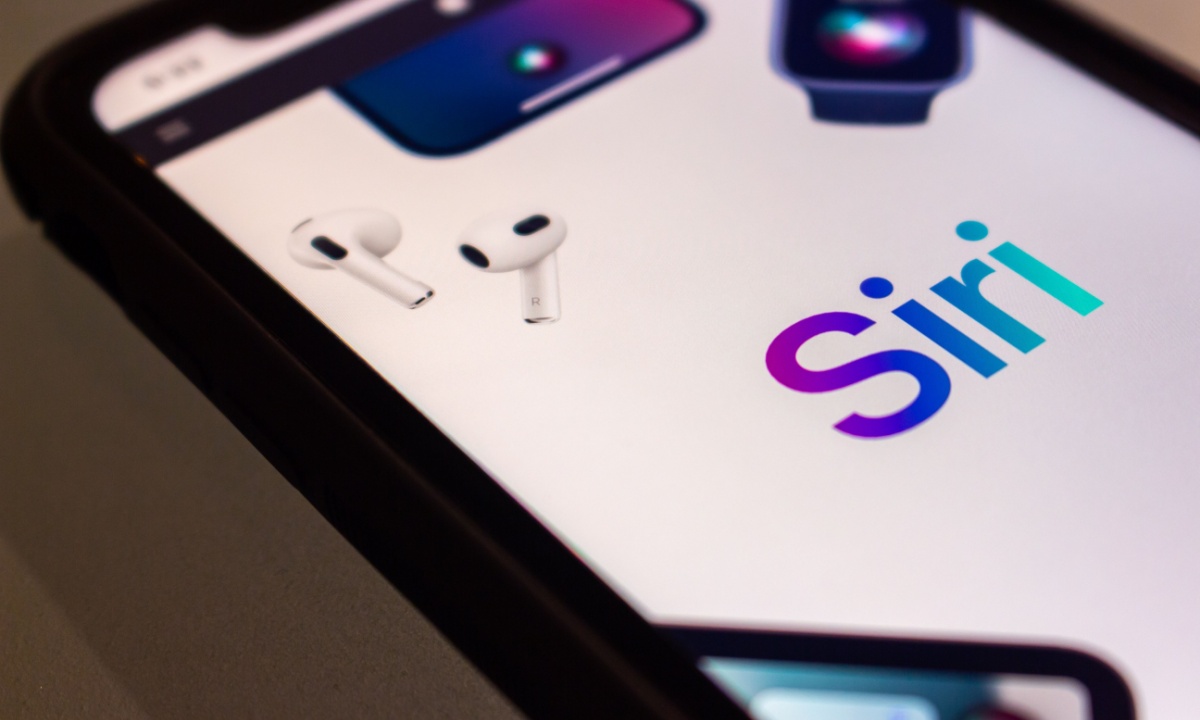Apple’s Vision for AI: A Deliberate Path Towards a Functional Siri

In a recent series of interviews, Apple executives clarified their stance on the anticipated AI-powered Siri, emphasizing that it wasn’t merely a flashy demonstration but a work in progress that had not yet reached the necessary readiness for launch. Following Apple’s Worldwide Developers Conference (WWDC 25), industry observers were left wondering why the tech giant, known for its vast resources and engineering prowess, had yet to deliver the advanced Siri features showcased in earlier presentations.
Craig Federighi, Apple’s senior vice president of software engineering, refrained from acknowledging any shortcomings in Apple’s AI development, instead portraying it as a unique technology that would reshape the industry and our daily lives over the coming decades. “Rushing to market with incomplete features would lead to disappointment,” said Federighi, highlighting Apple’s commitment to quality over speed.

Moreover, in discussions regarding last year’s demonstrations, Federighi insisted that Apple had presented genuine software, powered by a sophisticated language model and advanced semantic search capabilities. This was echoed by Greg Joswiak, Apple’s senior vice president of worldwide marketing, who deflected the notion that their efforts were mere demoware. Joswiak expressed confidence in their initial timelines, stating, “We genuinely believed we could ship by year-end, but the error rates weren’t acceptable for our customers.”
Looking ahead, it’s clear that Apple’s ambition is not to create a chatbot to compete directly with existing solutions like ChatGPT. Instead, the company is pursuing a strategy of embedding AI into the core of its operating systems. “Our goal has never been about creating a chatbot,” noted Federighi. “We aim to integrate intelligence directly into user experiences across all our platforms, providing seamless interactions that adapt to user needs without requiring them to engage in chat-specific interfaces.”
As Apple’s AI architecture evolves and its new Siri reemerges with a revised version set for a 2026 release, the focus remains squarely on enabling developers to utilize Apple’s foundational models. By harmonizing advanced AI capabilities within all Apple applications, they are creating an intelligent ecosystem geared towards enhancing user experience—one that moves beyond traditional interactions in favor of a more integrated approach.
